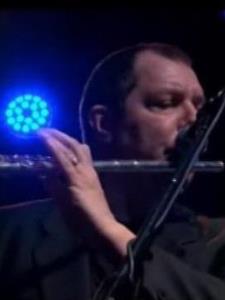
Tony B. answered • 06/17/21
Professional musician and jazz educator for over 50 years.
A soft reed cab be caused by either a purchase of a low number of the reed's rating. Many times new students want to play the horn with little or no resistance so they use a #1 1/2 or a # 2. This will make the horn play with very little resistance but the tone will suffer. The high notes will be flat or may not play. Move up to a 21/2 for minimum strength. Train yourself to deal with the resistance and don't just use the first reed out of the box. Even though all the reeds may be the same brand and the same strength on the box, they are not the same if they are the true bamboo wood reeds. They all differ somewhat. The number on the reed does not means thickness of its cut but rather the density of the reed itself. That come for the natural growth of the reed . How, when, where it was grown makes all the difference. You could try synthetic reeds as they are manufactured and are more consistent but I do not feel that they will ever match the true bamboo wood reeds in their sound.
- The other reason a reed goes soft is as you play it, it will tend to wear down. When this happens , you change reeds. A reeds durability can be a few days or a few weeks in most cases but they do have a limited life span as they do wear down form the constant blowing and vibration. The answer is, of course, just change reeds. However, always have more than just one reed to choose from. As you gain experience in your playing you will become vey sensitive to the resistance. One reed may not fit the bill. Have at least four or five reeds to choose from before you make the final choice.The reed may also change its feel overnight so keep the other reeds available. What feels like the right one at first may not feel that way a day or two later. The ones that didn't feel right may feel just fine after a few days of break in period.
- Welcome to the world of woodwind players. We all face the same problem. You will get use to it if you stay with it.






